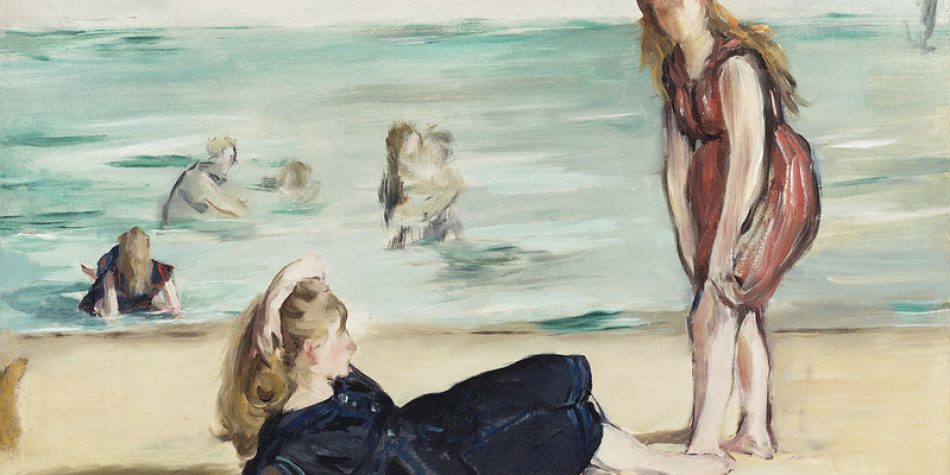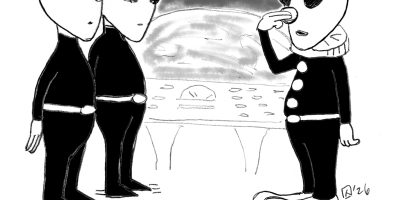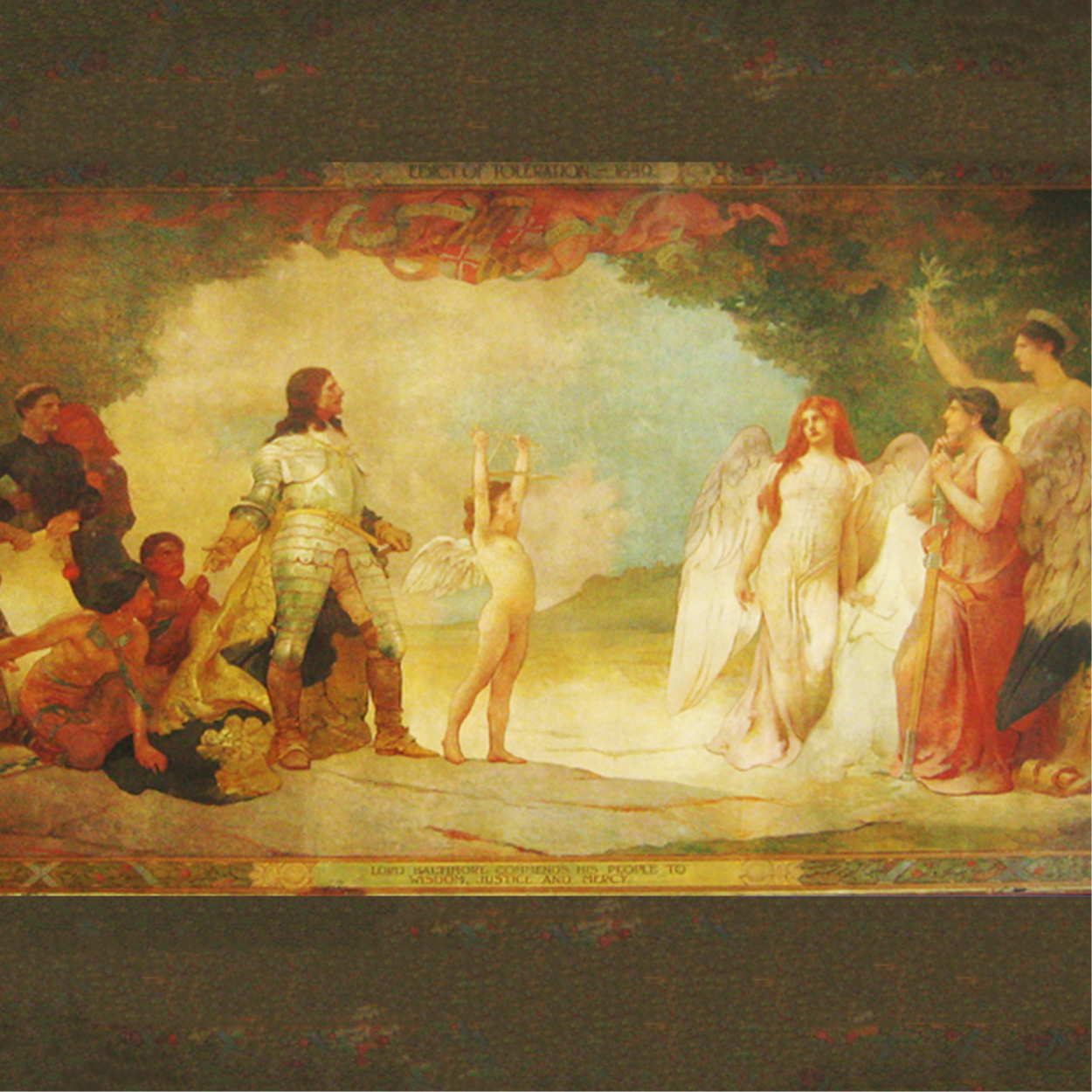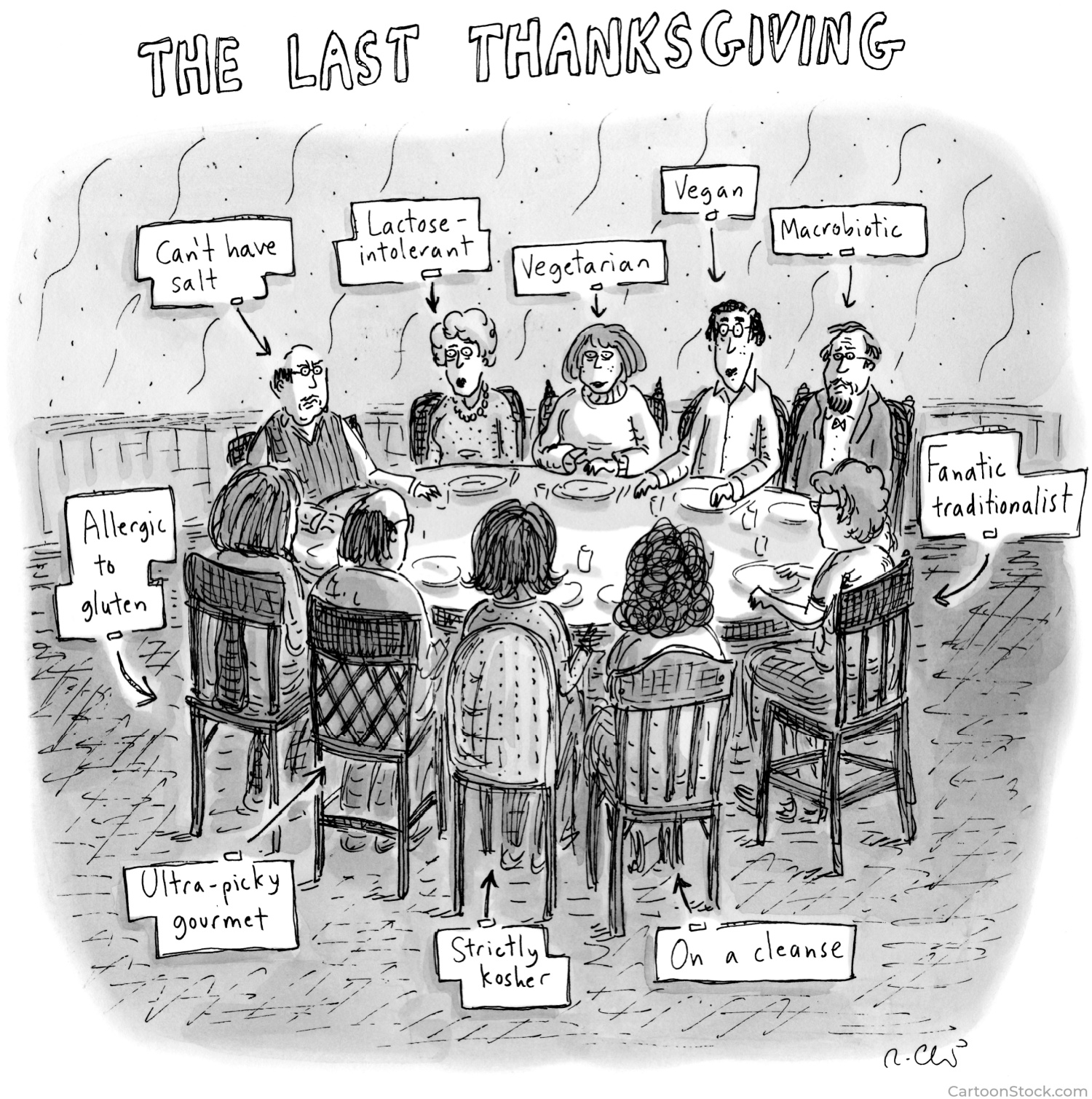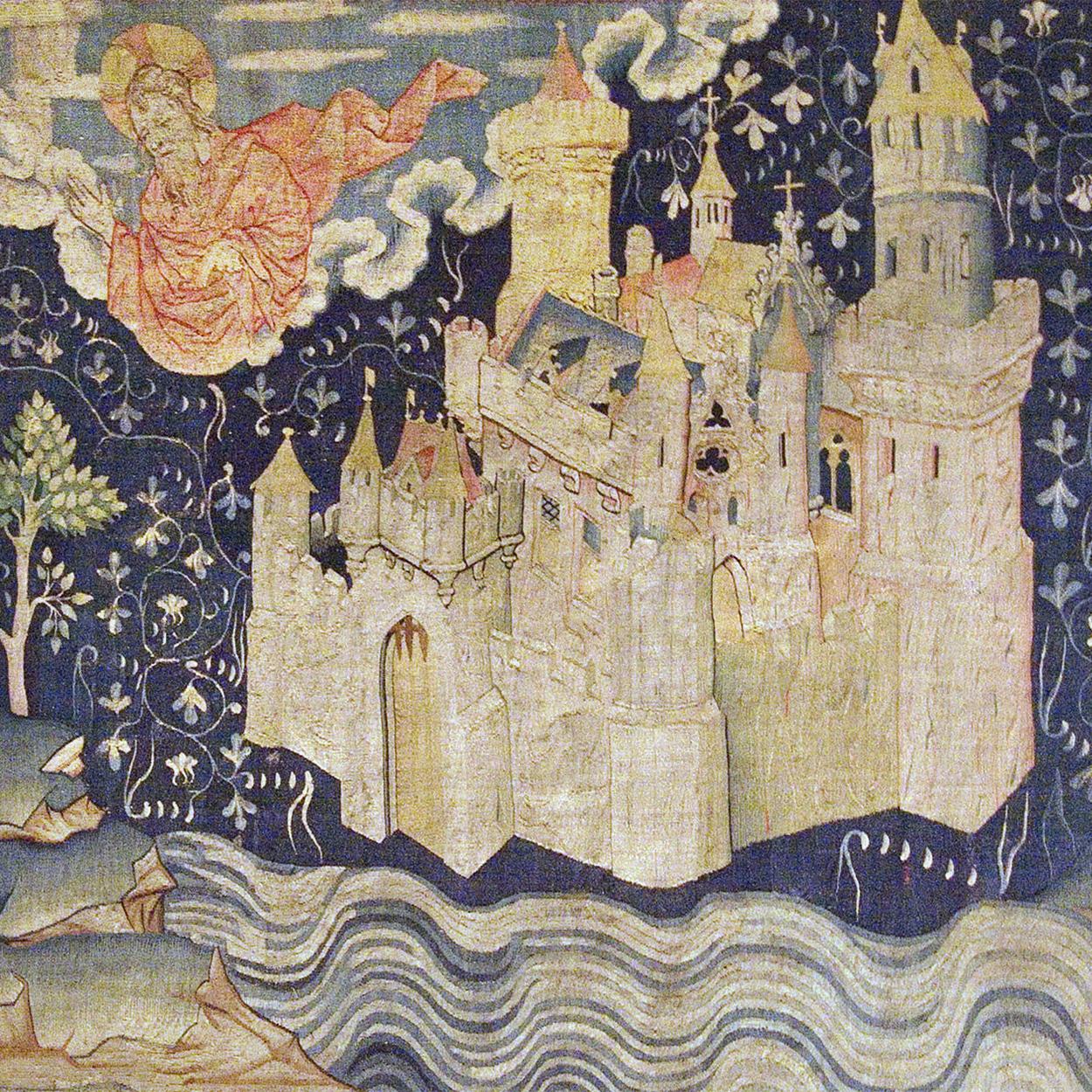A guy named Jim Bishop decided decades ago that he was going to build a castle on his land in Colorado, and he has spent much of the intervening time doing exactly that. I stopped there last time I was driving across Colorado; it’s spectacular.

Bishop Castle is one result of following a passion, pursuing a chosen good with monomaniacal devotion. Depending on the choice of good, monomaniacal work could also lead to great art, launching your car into space on your rocket, monasticism, careerism in the service of effective altruism, and so forth. At first blush, gospel consecration—a complete commitment of your life, time, and resources to the gospel—looks like something along these same lines. (It is different; more on this later.) You need a certain amount of what might look like sheer time-wasting in order to be a well-adjusted person.
Prevailing culture stands ready with an implicit theory of recreation and relaxation: you need a certain amount of what might look like sheer time-wasting in order to be a well-adjusted person. Lacking this will increase your stress level, and indeed, if you are stressed, then relaxing more is typically a good response. The less useful an activity is, the better it is for relaxing: thus the observation, which I shall [mis?]attribute to Mark Twain, that English gentlemen would surely stop driving their carriages around if offered employment of that nature.
Travel down this road and you can become that remarkable creature, the Average American, who watches seven thousand hours of TV every week yet reports being “very busy”—not every potentially desirable experience fits within their available time as soon as they might like, poor souls!
When I deliberately set about to relax by entertaining myself, I often find that the relaxation ends about when the entertainment does, as whatever issue I was trying to relax away reasserts itself. ‘So I must not be relaxing enough; if only I could relax more.’ That road, pursued with discipline, would almost inevitably end in a depressing lack of activity, as the perceived need for relaxation crowds into all available time, fails to satisfy, and the downward spiral begins. Leisure-worship has to do with a sense of contentment with yourself and your place in the universe.
The Catholic philosophical tradition has another approach, roughly as follows. There is a sphere of work. In this sphere, time is money, people’s various efforts are purchasable and fungible, and everything ultimately ties back to a grand process of utility maximization. This utilitarian sphere of work includes economic activity, charitable or religious activity that relies on economic inputs, recreation pursued further to being a good worker, and so forth—it can consume your entire life, even if you are not a stereotypical workaholic. But there is a second sphere, the sphere of “leisure”: not leisure as conventionally understood, but a fundamentally religious activity—let’s think of it as leisure-worship—and one that is critical to our eternal well-being
Josef Pieper lays this out in his very short 1948 book “Leisure: the Basis of Culture.” Leisure-worship has to do with a sense of contentment with yourself and your place in the universe. It is the expansion of Isaiah’s delightful sabbath, oriented towards divine things—the seventh day, when God was content to contemplate His creation and see that it was good. This leisure is orthogonal to the workaday world, creating wealth in an entirely different direction:
… the world of “work” and of the “worker” is a poor, impoverished world, be it ever so rich in material goods; for on an exclusively utilitarian basis, on the basis, that is, of the world of “work,” genuine wealth, wealth which implies overflowing into superfluities, into unnecessaries, is just not possible. Wherever the superfluous makes its appearance it is immediately subjected to the rationalist, utilitarian principle of the world of work. […]
On the other hand, divine worship, of its very nature, creates a sphere of real wealth and superfluity, even in the midst of the direst material want—because sacrifice is the living heart of worship. And what does sacrifice mean? It means a voluntary offering freely given. It definitely does not involve utility; it is in fact absolutely antithetic to utility. Thus, the act of worship creates a store of real wealth that cannot be consumed by the workaday world. It sets up an area where calculation is thrown to the winds and goods are deliberately squandered, where usefulness is forgotten and generosity reigns. Such wastefulness is, we repeat, true wealth; the wealth of the festival time. And only in this festival time can leisure unfold and come to fruition.
Pieper doesn’t deny the necessity or value of the utilitarian sphere of work; it is part of God’s plan, and we all need to eat. There is honor in providing for a family, and for those who cannot provide for themselves. But in his conception, the centuries-old Catholic conception, the purpose of work is ultimately to allow for leisure. We don’t take leisure so that we can get back on a utilitarian treadmill; we work so that we can satisfy our needs and have time for the divine, for worship, for leisure.
In “Fiddler on the Roof,” Tevye places this divine leisure, free and distinct from the world of work, as his highest desire:
If I were rich, I’d have the time that I lack
To sit in the synagogue and pray.
And maybe have a seat by the Eastern wall.
And I’d discuss the holy books with the learned men, several hours every day.
That would be the sweetest thing of all.
This leisure, which we also ought to desire, involves a certain mode of thought and being. In Pieper’s words:
Leisure, it must be clearly understood, is a mental and spiritual attitude—it is not simply the result of external factors, it is not the inevitable result of spare time, a holiday, a weekend, or a vacation. It is, in the first place, an attitude of mind, a condition of the soul …
This leisure could be expressed in explicitly devotional activities like reading scripture and praying. Leisure in this sense could also involve humanistic or naturalistic activities, like the contemplation of art, literature, or natural beauty. It tends to be receptive, more passive than active. It is often enjoyable.
True prophets provide examples of this. They do what the Lord expects them to, and, at peace with themselves, they are also able to have leisure, obviously in their religious contemplation but also in ways that involve creating, appreciating the Lord’s creation, and even engaging with popular culture. Thus Boyd K. Packer carved birds, Henry B. Eyring paints watercolors, Russell M. Nelson skis, Thomas S. Monson loved scouting and musicals, and Dieter F. Uchtdorf knows his Star Wars. Joseph Smith raced, wrestled, and played with children. The disciples found the resurrected Christ having a barbecue on the beach (John 21:9). None of these men demonstrate the fanaticism of insecurity or the weariness of burnout; they have leisure.
This type of leisure is distinct from mere relaxation or absence of activity (a distinction Martha didn’t make):
Idleness, in the old sense of the word, so far from being synonymous with leisure, is more nearly the inner prerequisite which renders leisure impossible: it might be described as the utter absence of leisure, or the very opposite of leisure. Leisure is only possible when a man is at one with himself, when he acquiesces in his own being, whereas the essence of acedia is the refusal to acquiesce in one’s own being. Idleness and the incapacity for leisure [read: workaholic tendencies] correspond with one another. Leisure is the contrary of both.
This virtuous leisure, the sort of celebratory receptiveness of God and his creation that characterizes a worthy Christmas celebration, also shows up in great Christian books. The first two Narnia books (by publication order, as they should be read) each feature a playful “romp” with Aslan. The best Hobbits love a feast with family or a walk in the woods. Such art gives a clearer view of this than analytical description alone can.
Of course, we know the Lord expects his disciples (from Hobbits on up) to serve him with all their “heart, might, mind and strength” (D&C 4:2), sometimes at grueling tasks. But true disciples are not over-optimizing fanatics suffering under a misbegotten gospel utilitarianism. They will appropriately set aside the world of work, even working more to donate more, and even under-inspired “working” in the Church (think of the legendary “Simplify” quilt), to instead follow the Spirit and do some things for their own sake. As we do this, our lives will include appropriate leisure.
Such leisure is entirely compatible with consecration. In fact, in Pieper’s view, much of a standard day of consecrated missionary “work” is leisure. Personal study, companion study, talking about the gospel, writing in your journal, and meals with the saints are all leisure. Internalizing this perspective can strengthen us as we work to consecrate ourselves.
In the Book of Mormon, the Three Nephites demonstrate how this can occur. Christ had called twelve disciples, and asked each “What is it that ye desire of me, after that I am gone to the Father?” Nine desired that “after we have lived unto the age of man, our ministry, wherein thou hast called us, may have an end, that we may speedily come unto thee in thy kingdom.” And Christ replied: “Blessed are ye because ye desired this thing of me; therefore, after that ye are seventy and two years old ye shall come unto me in my kingdom; and with me ye shall find rest” (3 Nephi 28).
The nine were likely trying to work “in wisdom and order, for it is not requisite that a man should run faster than he has strength” (Mosiah 4:28). But perhaps they sometimes felt exhausted by an implacable treadmill of checklist gospel work (as they conceptualized it), complemented by guilt-tinged relaxation that could never quite be enough.
On the other hand, the Three Nephites desired to “bring the souls of men unto [Christ], while the world shall stand.” Christ granted this desire, saying “Therefore, more blessed are ye, for ye shall never taste of death; but ye shall live to behold all the doings of the Father unto the children of men, even until all things shall be fulfilled according to the will of the Father, when I shall come in my glory with the powers of heaven.” Clearly they both had, and recognized having, sufficient rest and leisure— leisure as Pieper’s “condition of the soul.” With their lives on a sustainable basis, they were in a position to have higher desires, and be “more blessed.” And note that to merely “behold” the works of God, a passive, leisure-worship activity, was one of their first promised blessings. We are individually responsible to determine whether any given activity is leisure or mere idleness.
Sometimes we speak almost casually about walking away from the world with its contention, pervasive temptations, and false philosophies. But truly doing so requires you to examine your life meticulously and regularly. As you do so, the Holy Ghost will prompt you about what is no longer needful, what is no longer worthy of your time and energy.
As you shift your focus away from worldly distractions, some things that seem important to you now will recede in priority. You will need to say no to some things, even though they may seem harmless. As you embark upon and continue this lifelong process of consecrating your life to the Lord, the changes in your perspective, feelings, and spiritual strength will amaze you!
We can all figure out how the counsel above applies to us, and we are individually responsible to determine whether any given activity is leisure or mere idleness—we should not need or want Pharisaical rules (and President Nelson did not supply them, nor will I). But in general, I think doing something for its own sake often comes closer to the ideal of leisure, and is more relaxing, than directly pursuing minimal stress. For me, reading good books, celebrating family reunions and holidays, and hiking are this way. Experience and its contemplation, trial and error, can help us. It also seems that good leisure often relates to eternal truth, beauty, awareness, other people, using our bodies and minds, developing capabilities underutilized in our daily work, and so forth. It can bless us in our eternal development. In Pieper’s words:
The point and the justification of leisure are not that the functionary should function faultlessly and without a breakdown, but that the functionary should continue to be a man—and that means that he should not be wholly absorbed in the clear-cut milieu of his strictly limited function; the point is also that he should retain the faculty of grasping the world as a whole and realizing his full potentialities as an entity meant to reach Wholeness.
As we progress towards Wholeness, our desires will ultimately align with the Lord’s, and we will know that they are aligned as we gain the knowledge that “the course of life [we are] pursuing is according to His will.” We will discern leisure, work, and idleness for what they really are. We will then avoid idleness while desiring and pursuing both leisure and work “heartily, as unto the Lord, and not unto men” (Colossians 3:23). Then, even as we consecrate ourselves, working with “all our heart, might, mind and strength,” the “yoke is easy and [the] burden is light” (D&C 4:2, Matthew 11:30).
I am likely not doing Pieper or the Catholic tradition justice, but there is wisdom there. Next time you take a break from building your castle, consider reading his book.
Note: The feature image is “On the Beach” (ca.1868) by Edouard Manet. Original from The Detroit Institute of Arts. Digitally enhanced by rawpixel.com.

